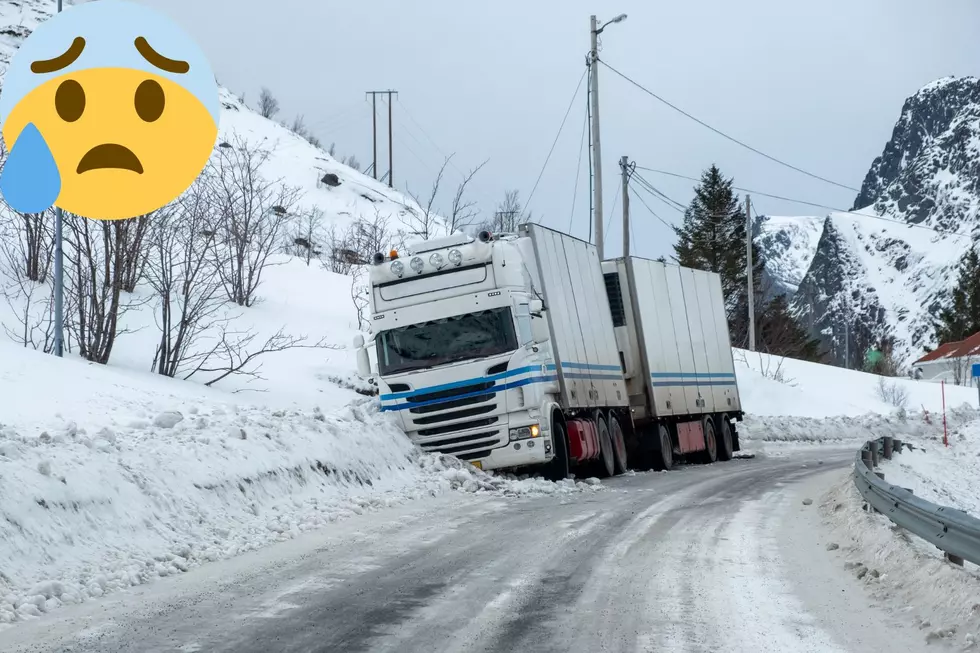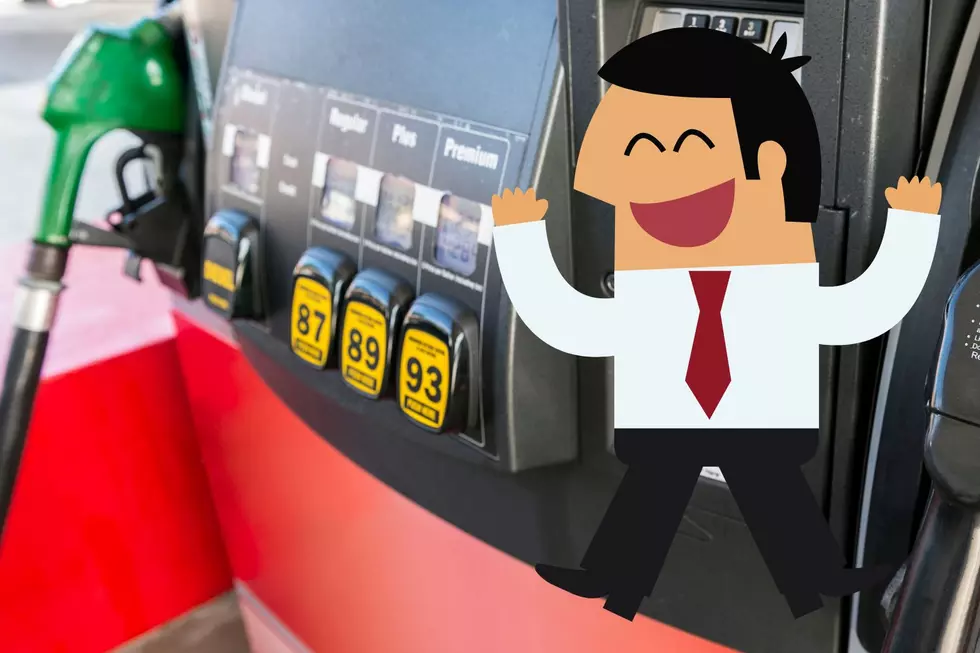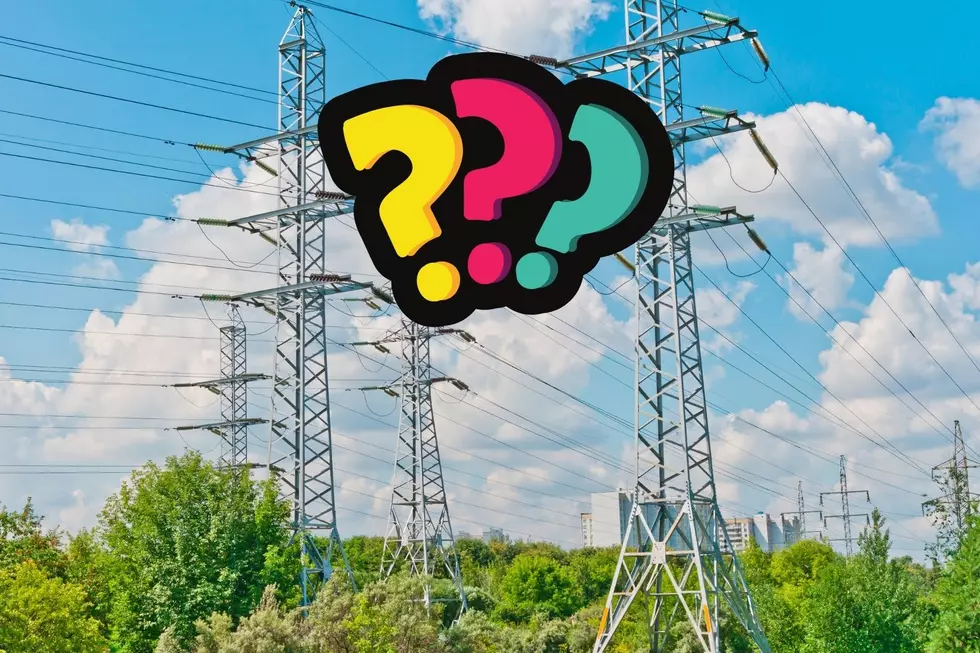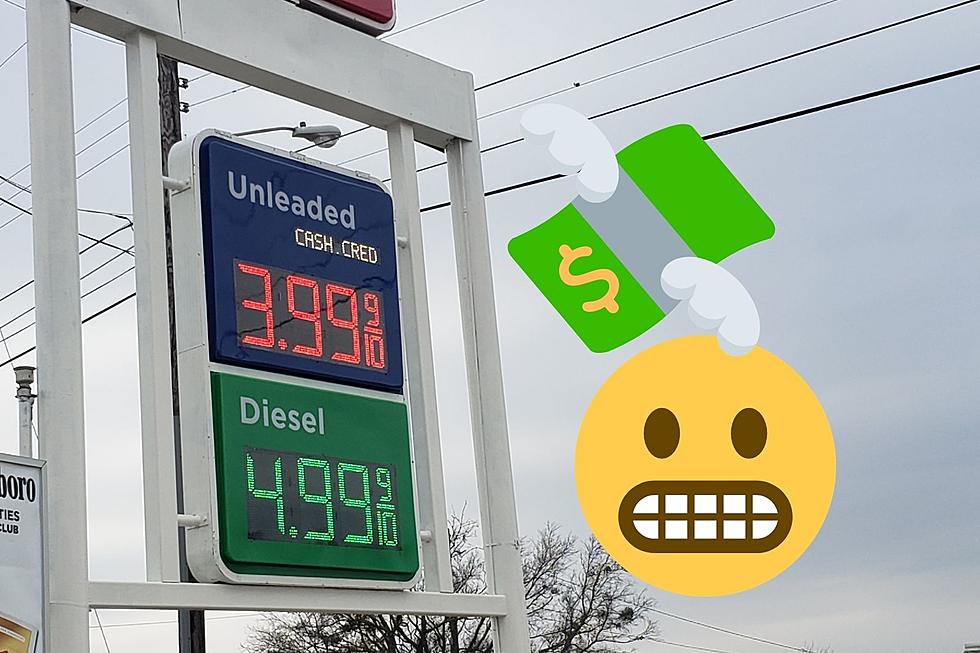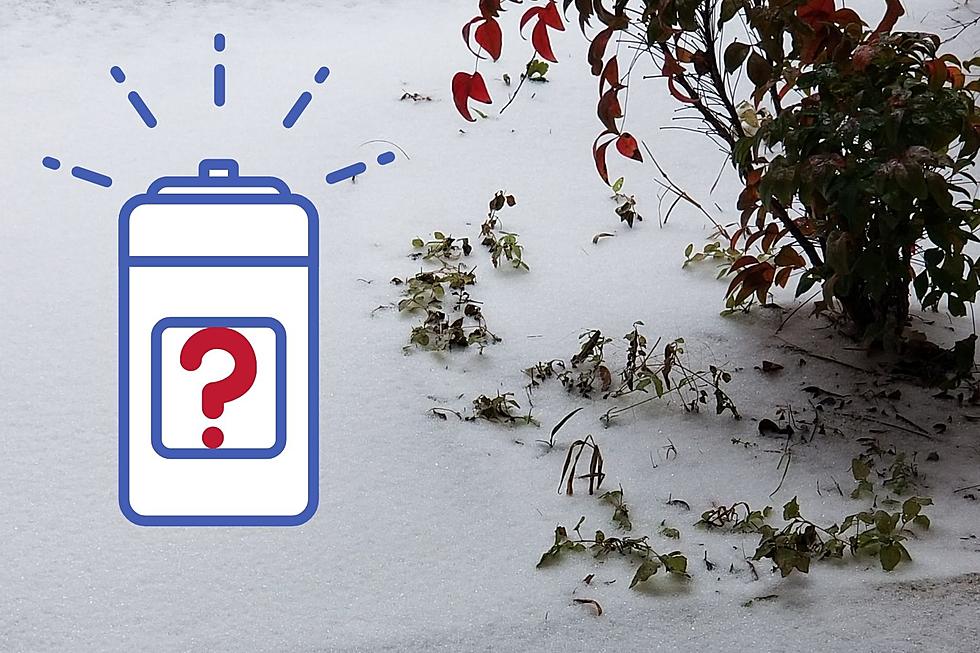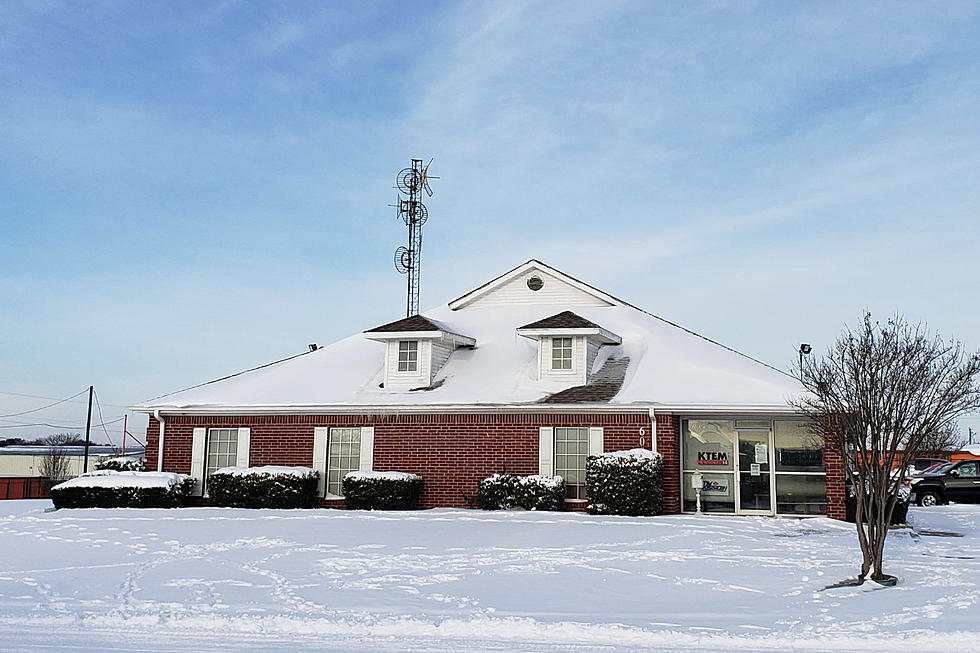
Texas Gas Prices Hit 21-Month High in Aftermath of Winter Storm
It turns out that rolling blackouts across Texas were just the beginning of problems caused by the historic winter storm that hit Texas the week of Feb. 15th.
The storm caused the ERCOT power grid to fail in some areas of Texas, which led to empty grocery shelves, busted water pipes, and a shortage of clean, drinkable water for some Texas cities. Some who lost power even lost their lives due to hypothermia.
The State of Texas is now on its way to recovery and investigations are ongoing into why and how the ERCOT power grid failed. But now Texans are faced with another problem; rising gas prices.
AAA Texas predicted that gas prices would rise after the winter storm and now they report that prices have risen for 8 straight weeks. The reason is simple. The week-long cold snap effectively halted oil production in Texas as at least 11 refineries lost power or had equipment that was too frozen to function effectively.
In another article published March 1, 2021, AAA Texas says, “Refineries are exposed to the elements, and unlike facilities in the northern U.S. which are prepared for cold weather, few refineries in the South have protection from these historically low temperatures. GasBuddy calculations show 3.48 million barrels of refining capacity were offline as of midday Tuesday [Feb. 16].”
The U.S. Department of Energy estimates that 20% of the nation’s refining capacity had to be shut down during the storm while gross oil inputs at Gulf Coast refineries fell by 28%, a stat not seen since Hurricane Harvey in 2017.
But that isn’t the only issue. AAA Texas reports that oil production as a whole has decreased since 2019. “On the supply side, the number of oil rigs active in the U.S. stands nearly 50% lower than a year ago, which is a large factor driving prices up. To put it simply, demand is recovering much much faster than oil production levels, which is why oil prices have soared.”
According to available data, the current national average for a gallon of unleaded fuel is $2.74, which is 30 cents higher than the national average a month ago of $2.44.
Drivers in Texas are paying a slightly less average of $2.47, but that’s still 32 cents higher than a month ago. Meanwhile, drivers in Lubbock are seeing a gas price average of $2.51, more than 41 cents higher than a month ago.
More From KSSM-FM
